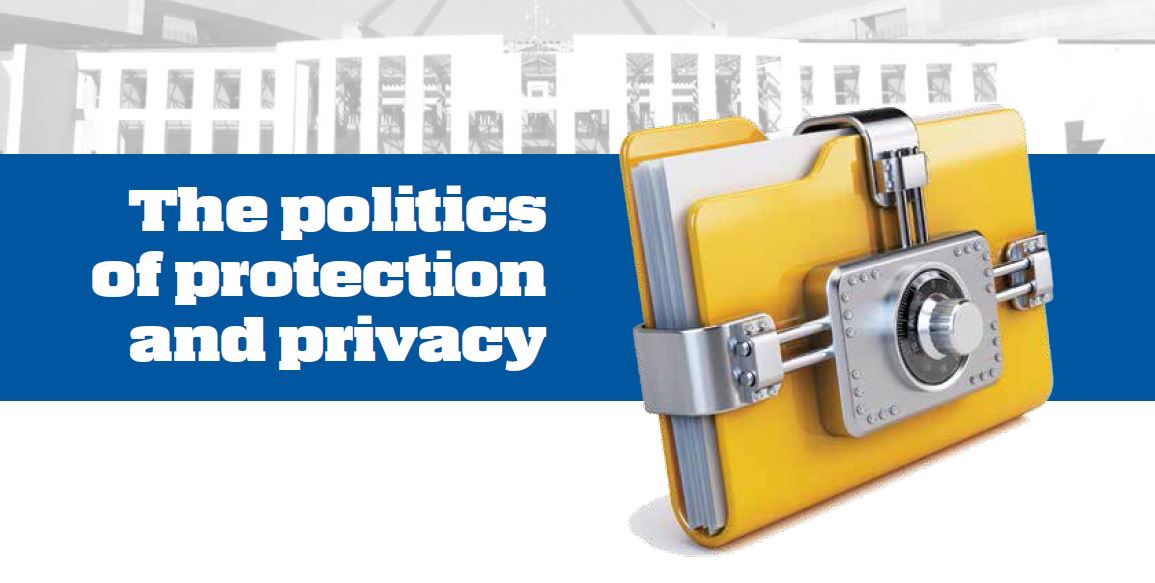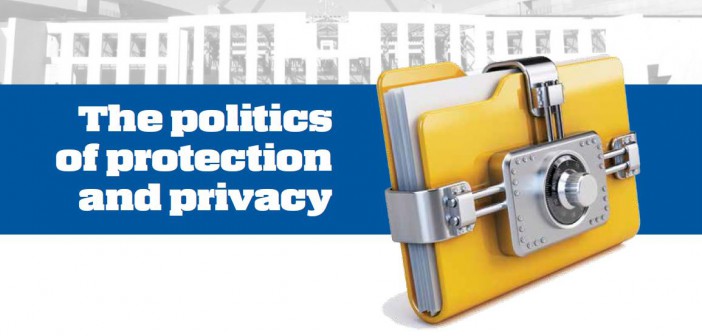
The privacy versus security debate is not just about rights and metadata retention laws but how safe that information really is.
It was 33 minutes of news comedy that put government surveillance back on the agenda. In early April, US television channel HBO screened an episode of Last Week Tonight focusing on the upcoming renewal of Section 215 of the Patriot Act, which allows the US National Security Agency (NSA) to retain metadata of its citizens’ correspondence. After establishing—through a painful vox pop—that the general public has only a slippery grasp of the issue, host John Oliver flew to Russia to interview former NSA contractor-turned-leaker Edward Snowden on what the NSA’s powers really are. Tellingly, Oliver chose to frame the issue in terms of whether the government could access private photographs. He told Snowden: “This is the most visible line in the sand for people: Can they see my dick?”
The issue is no laughing matter for Australians. On 19 March 2015, parliament passed the Telecommunications (Interception and Access) Amendment (Data Retention) Bill 2015, which, among other things, requires telcos and internet service providers to retain metadata for two years. Apart from the economic arguments against this scheme—telcos would need to increase their storage capacity as well as secure this data for four times longer than existing requirements—there are questions about its effectiveness.
According to a study conducted by German parliament, data retention in Germany led to a negligible increase of 0.006% to the crime clearance rate. Germany not only concluded this was a financial burden considering the poor return on crime reduction, its Constitutional Court described metadata retention as a serious restriction of the right to privacy and advocated a retention period of six months as proportionate to security.
For most Australians, the attitude of ‘if I’m not doing anything wrong then why should I worry?’ is pervasive, but even if they let the government have their metadata and happily give away more data in the general Internet of Things through social media, app usage and other connections, what they often forget is how flimsy the security of that data is.
Once telcos start collecting and retaining this data it becomes a target for hackers. The ultimate question is whether you think your telco can defend itself against the hacker threat. Before you answer that, consider this: earlier this year, Telstra, Australia’s biggest telco, came under fire for breach of privacy laws when it accidentally leaked the personal information of almost 16,000 customers. Full names, addresses and phone numbers were accessible via a Google search between June 2012 and May 2013. How safe is your data?… Click HERE to find out more about this article






